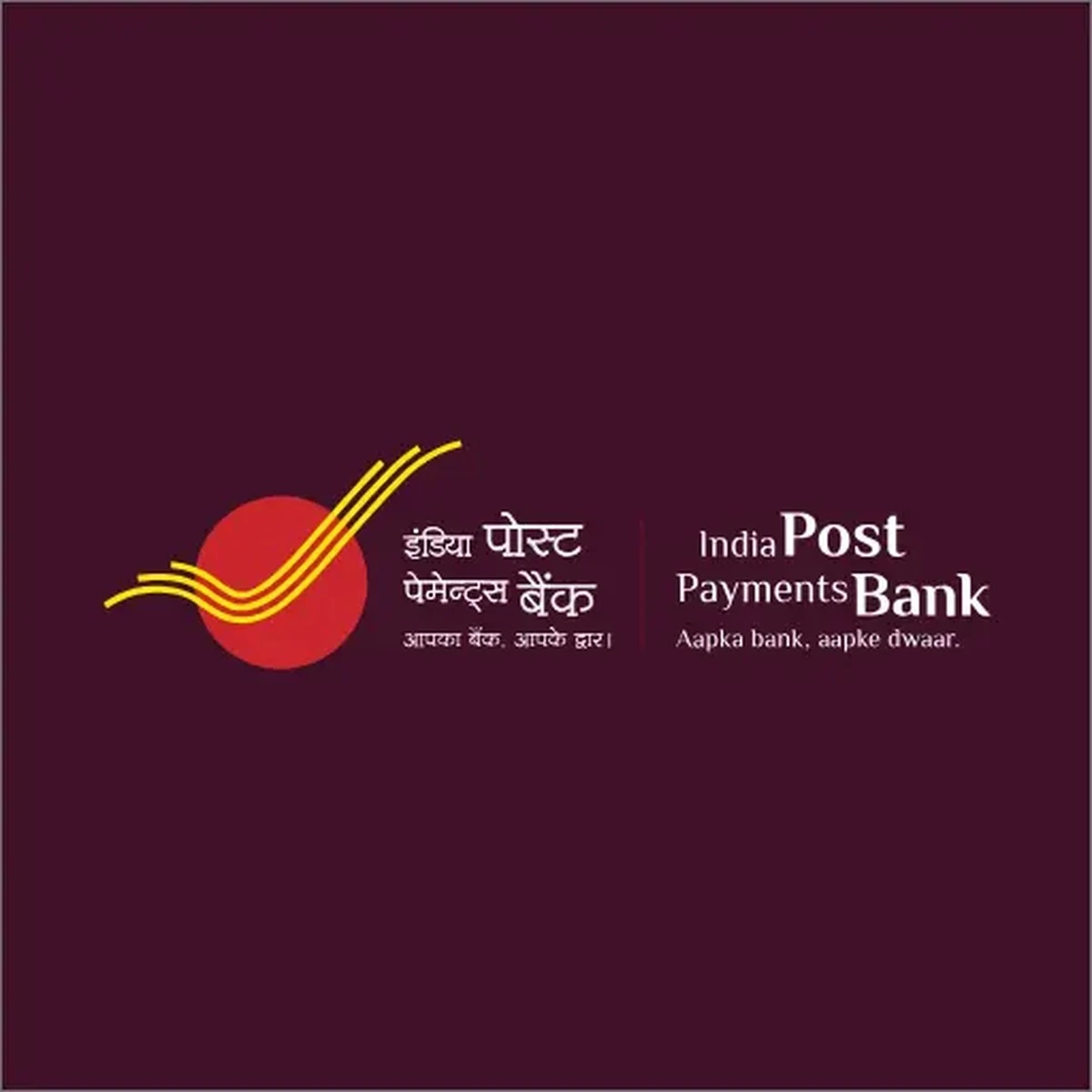Complete Investment Guide
Comprehensive analysis with actionable insights for smart investment decisions
Post Office National Savings Certificate (NSC) – 5 Year (VIII Issue)
The National Savings Certificate (NSC) is a government-backed fixed-income savings scheme that offers guaranteed returns with tax benefits under Section 80C. Ideal for low-risk investors, NSC is a popular choice for secure long-term savings.

Key Highlights
✅ 7.7% interest compounded annually (but payable at maturity)
✅ Minimum deposit: ₹1000; No maximum limit
✅ Lock-in period of 5 years
✅ Tax benefits under Section 80C
✅ Safe and government-guaranteed investment
Latest Interest Rate (From 01 Jan 2024)
- 7.7% per annum (compounded annually, payable on maturity)
Salient Features
(a) Who Can Open:
- A single adult (resident Indian)
- Joint account (up to 3 adults)
- Guardian on behalf of a minor or a person of unsound mind
- A minor above 10 years in their own name
(b) Deposits:
- Minimum deposit: ₹1000
- Subsequent deposits in multiples of ₹100
- No maximum investment limit
- Any number of accounts can be opened
- Investments qualify for deduction under Section 80C of the Income Tax Act
(c) Maturity:
- The NSC matures after 5 years from the date of deposit
- Interest is compounded annually and paid as a lump sum at maturity
(d) Pledging as Security:
NSC certificates can be pledged or transferred as security by submitting a prescribed application and acceptance letter from the pledgee.
Permitted institutions for pledging include:
- The President of India or State Governor
- RBI, Scheduled Banks, Co-operative Banks or Societies
- Public/Private Corporations, Government Companies, Local Authorities
- Housing Finance Companies
(e) Premature Closure:
NSC cannot be closed before 5 years except under the following circumstances:
- Death of the sole account holder or any/all holders in a joint account
- Forfeiture by a pledgee (e.g. a Gazetted officer)
- On the order of a court
(f) Transfer of Account:
The account/certificate can be transferred to another person in specific cases:
- Upon the death of the account holder, to the nominee or legal heirs
- From the deceased account holder to surviving joint holder(s)
- On court order
- When pledged to a qualifying authority
Why Choose Post Office NSC?
✅ Safe and secure savings with fixed returns
✅ Ideal for conservative investors and tax-savers
✅ No risk of market fluctuations
✅ Eligible for loans and pledging as collateral
✅ Attractive interest compounded annually
The Post Office National Savings Certificate (NSC) is a smart choice for building your savings over the medium term while enjoying tax-free interest earnings and capital security.
Open your NSC today and grow your money safely with assured returns. 👉 Check out our NSC Calculator
This guide provides comprehensive information for educational purposes. Always consult with financial advisors before making investment decisions.







